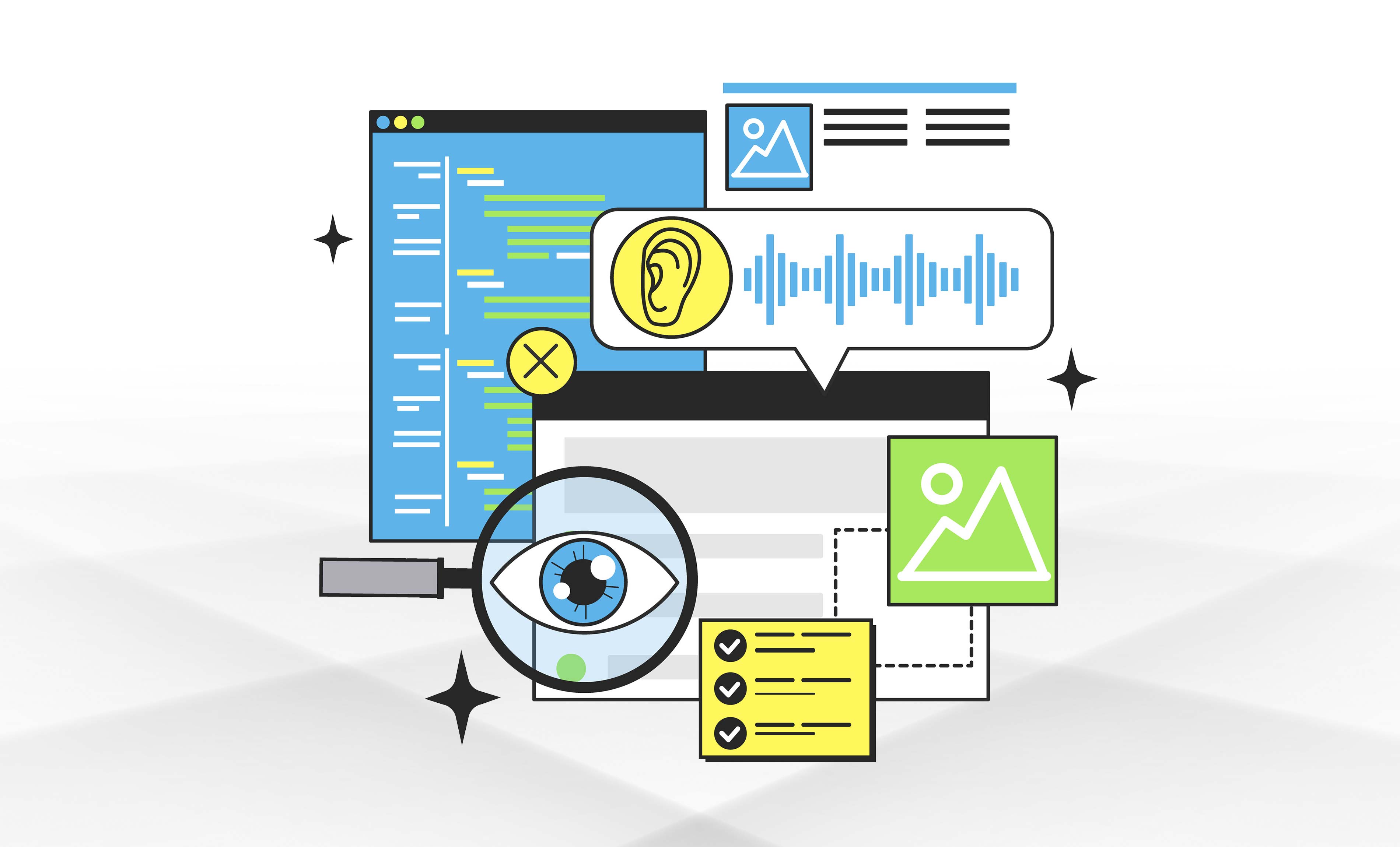
Think of all the design choices on campus that support members of the campus community who have disabilities, such as curb cuts in the sidewalks, a wheelchair ramp running alongside the steps, or Braille lettering on the office signs. We take these for granted, along with the belief that people with disabilities have the right to participate fully in the community.
You might not realize that accessibility barriers exist within our digital community — and we are all responsible for identifying and removing them.
The good news is that Missouri Online can help you make your teaching materials accessible to all students, including those with disabilities.
Meet UDOIT
The Universal Design Online Inspection Tool, or UDOIT (pronounced "You Do It”), is a tool for scanning your Canvas site, finding and addressing accessibility barriers, and even providing alternate formats for your course materials.
What items does UDOIT Scan?
UDOIT scans the following items in a Canvas course:
- Announcements
- Assignments
- Discussions
- Files
- Pages
- Syllabus
- Module URLs
UDOIT allows you and your students to generate alternate formats for files uploaded to Canvas; for example, turning a scanned PDF into a Canvas page or an audio file.
Ready to get started?
Visit Understanding UDOIT to get started and learn more about the tool.
We invite you to download the flier Digital Accessibility Is Inclusive Teaching to share with your colleagues.
Questions?
Please contact Missouri Online if you would like to learn more about accessibility training for yourself or your department.




